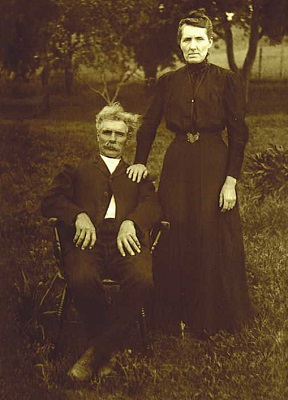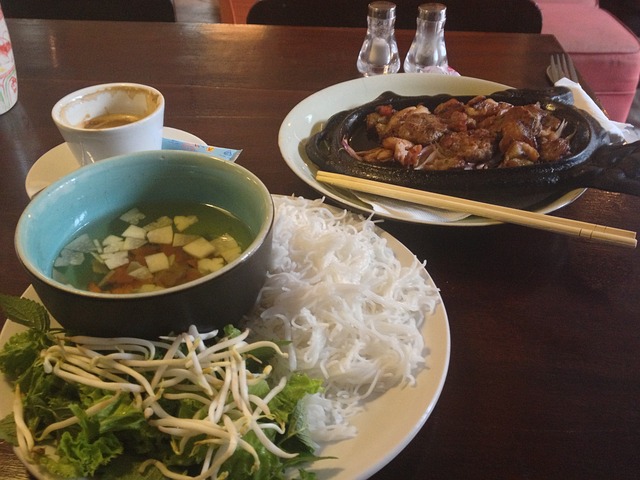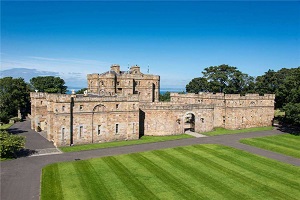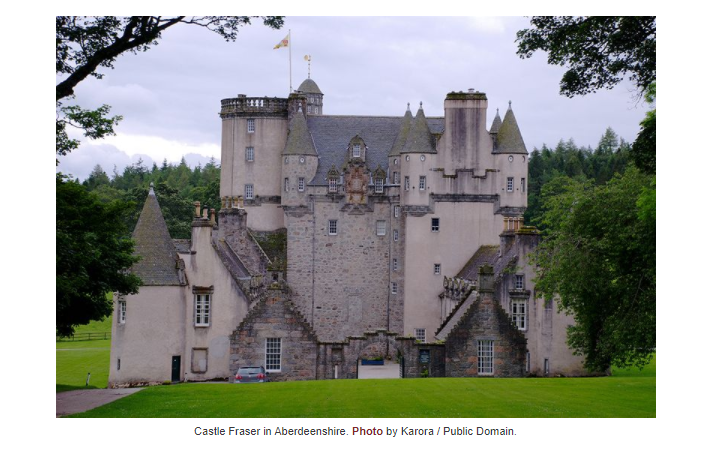Turning Genealogy into a Love for History
The Family Genealogy Project
Do you have a homeschooler that thinks history is “pretty dry and boring”? Does he/she say something like, “What is the purpose to memorizing all those names? That was back in the ancient past. What does it have to do with me now?”
Well, why not make history part of their immediate world?
It seems like we all have our students make a Family Tree. But why not take it a bit further and have a full blown genealogy project? Clearly this would be for upper middle or high school.
Awhile back, our family bought a subscription to Ancestry.com. It was actually the second time we had tried it. The first time, which was quite a few years ago, we couldn’t figure out how to work the thing and just gave up. This time, we decided to stick with it.
Be patient, we are getting to the part about how to do this for FREE if you are on a tight budget.

Real People Connected To Us
It took us a few weeks, but finally we started to see our family in a whole new light, and our homeschoolers went from history haters to history lovers. Okay, the fact that we found out that one of our ancestors was one of Daniel Boone’s best friends who did a whole lot of the things written in the history books with him, and was a guide to George Washington, helped encourage the history fire a bit faster. And, then, there was the fact that some of our ancestors died in the Holocaust. And we found out that another was a famous furniture maker with pieces in a famous museum. And then, there were the day-to-day struggles from the common folk who settled untamed land, the fifth Great Grandma who was captured and lived among the Indians, and the ancestor from the 1600’s who wrote a book about the family’s everyday life back then, which was far more scholarly than the scholarly pieces we read today. (So much for the belief that we have been getting smarter through the years!)
Suddenly, history took on a whole new meaning. It wasn’t just something in the distant past that happened to people we didn’t know, like a big fairytale. It was about real people connected to us. What’s more, we didn’t know any of those things before we did the project, so it greatly expanded our understanding of ourselves.

Connecting the Events
Each time we found out we had an ancestor involved in a specific event in history, we did a study on that event. It was amazing how differently our students viewed the event then. The Holocaust looked a whole lot different when we realized how it affected us directly. (Before we started the project, we didn’t even know part of our family line was Jewish.)
Okay, if you are thinking that you probably don’t have any colorful people in your tree, dispell the notion. We all have tons of people in our family trees when we start going back numerous generations, and regardless of who they were, they had struggles and triumphs, each of which are a piece of history. And, they all took place during a specific time in history, when what they did was affected by, and may have changed, history.
Tying Your Genealogy Project Into Other Subjects
You can use your genealogy project to obtain material for more than one subject.
When we did ours, we had our students research and make food dishes from ancestorial countries for Home Ec.
They had a great time both making the food and sampling dishes that their ancestors may have eaten.
You could also use ancient skills, like weaving, for Art. Or, have your students play instruments or sing songs from their ancestorial countries.
You may even be able to tie it into a foreign language if your student happens to be taking a language your ancestors spoke.
We were even able to incorporate our genealogy project into English classes because we found books written by several of our ancestors, one of which was in Gaelic no less. It was great for both the content and an example of the language.
And, who knows, maybe your ancestor was someone like Albert Einstein, or a mathematician. Think of the lessons then!
The result was that our students learned how to do genealogy, in addition to gaining a love for history and various cultures.

How to Start a Genealogy Project
Paid and Free Options
Ancestry.com is one of the best programs to use because of the amount of data they have available and the way they link information that other people have gathered to yours if you have the same relative. However, Ancestry is pretty expensive, and there are free ways to do the same thing.
The first is the local library. At the Ruth Enlow, if you are from the Garrett County area, there is a Genealogy specialist to help.
If you want to search from home, one free resource is www.familysearch.org. Family Search is owned by the Mormon Church. Back in the mid 1900’s they received a large grant from the federal government to begin a Genealogy Project for the entire country to try to trace the roots of all of the American families. They have been adding to it since that time. So, it is one of the oldest and most accurate family history data bases. As part of the grant agreement, those records are free to everyone.
You do need to set up an account with them. The account is free, but when you go in to set it up, you will get a box that asks for your church number. It makes it look like you can’t go any further if you are not in the Mormon Church. That is not true. We got stopped there several times. But you just need to leave the “Church Number” field blank and proceed anyway. It will let you set up an account without it.

Although it is not as easy to use as Ancestry, you can set up a family tree in Family Search, research historical records, and search records of other people’s family trees.
Once you start building a family tree, that tree stays there in your account, so you can continue to work on it on different days.
One thing to be aware of is the fact that when you are looking at other people’s family trees for information in any of the genealogy services, they may not be accurate. And, if people don’t know something, they tend to just put down what everyone else put down. Therefore, you really need to check the information against historical records.

Historical Records
Family Search will allow you to search historical records under the name of a person. Following are some of the uses of various records:
- Census Records – Tell who lived in a household in a particular year, where they lived, often the occupations of family members, whether they can read/write, and sometimes other detailed information.
- Marriage Records – Tell who married who, when
- Birth Records – Tell who was born, when, and where
- Death Records – Tell who died, when, of what, and who their parents were
- Draft Card – Give a description of the person, next of kin, and where they lived
- Military Payments – Give confirmation that someone served in the service, often which branch, and other military information
- Other Records – Often people add other records and pictures of individuals
How to Begin
To begin your genealogy, start with the name of ancestors that you do know, and work backwards, looking for the parents of each individual. As you work, search for records of that person.
Once you are sure you have the right person, add the person to your family tree, and keep going.
There are other genealogy websites that you can use to gather information as well. Following is a list:
- www.ancestry.com – Has the most records right now of any genealogy service worldwide, costs money
- www.familysearch.com – Free, one of the oldest services, has a huge number of records
- www.geni.com – Free, be careful, we have found this one to contain more errors from individuals putting in incorrect information than the two above, but it still has a lot of valuable and accurate information.
- www.wikitree.com – Free, also may also have a few more errors
- www.scotlandspeople.gov.uk – Free, If you have ancestors from Scotland, this is the Scotland Government database of records
If you find something questionable in one of the genealogy sites, check the same information in another one.
It may take some time to get the whole family picture, so set aside enough time.
Afterward, your students may not only gain a better understand of history, but also a better understanding of themselves.